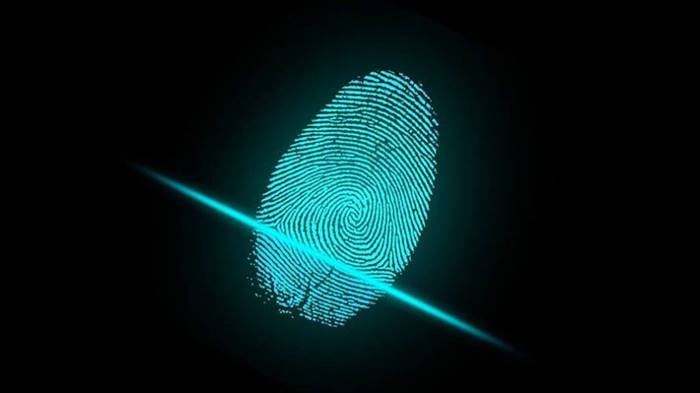What the researchers found? Fingerprints are people's identities and we all know their value in forensics or in person searches. However, this does not answer the question, why do we have fingerprints and what biological purpose do they serve? Why do we have fingerprints?
"People had two ideas for fingerprints: that they help improve adhesion and that they help improve contact perception," said Roland Ennos, a biologist at the University of Hull, England.
Ennos spent part of his career exploring the first idea - that is, fingerprints enable us to grasp objects better.
One of the elements advocated by fans of this theory is that the fingers can function as tires in cars, whose flexible nature allows them to adapt to the surface on which they move.
In experiments carried out by Ennos and colleagues, it was found that "the actual contact area was reduced by fingerprints". In other words, compared to smooth skin that covers the rest of the body, fingerprints reduce friction, at least on smooth surfaces.
Ennos spent part of his career exploring the first idea - that is, fingerprints enable us to grasp objects better.
One of the elements advocated by fans of this theory is that the fingers can function as tires in cars, whose flexible nature allows them to adapt to the surface on which they move.
In experiments carried out by Ennos and colleagues, it was found that "the actual contact area was reduced by fingerprints". In other words, compared to smooth skin that covers the rest of the body, fingerprints reduce friction, at least on smooth surfaces.
At the same time, it is appreciated that fingerprints can help us to grip surfaces in wet conditions or to stop our hands from slipping on a surface.
But there is another theory that holds that the role of fingerprints is related to enhancing contact.
A few years ago, Georges Debrégeas, a physicist-biologist at the University of Sorbonne in Paris, was thinking about the lack of a definitive theory of why we have fingerprints.
But what caught his interest was their possible role in the contact.
Our fingers contain types of mechanical receptors, or cells, that respond to mechanical stimulation, such as touch.
These mechanical receptors are particularly sensitive to tiny vibrations of a precise frequency - 200 hertz - and thus help to give the fingertips their extreme sensitivity. Debrégeas wondered whether fingerprints improved this sensitivity.
But there is another theory that holds that the role of fingerprints is related to enhancing contact.
A few years ago, Georges Debrégeas, a physicist-biologist at the University of Sorbonne in Paris, was thinking about the lack of a definitive theory of why we have fingerprints.
But what caught his interest was their possible role in the contact.
Our fingers contain types of mechanical receptors, or cells, that respond to mechanical stimulation, such as touch.
These mechanical receptors are particularly sensitive to tiny vibrations of a precise frequency - 200 hertz - and thus help to give the fingertips their extreme sensitivity. Debrégeas wondered whether fingerprints improved this sensitivity.
To find out, he and his colleagues conducted an experiment that showed that our fingerprints channel these vibrations into sensors under the skin.
By reinforcing this subtle and detailed sensory information, the theory is that fingerprints increase our tactile sensitivity.
By reinforcing this subtle and detailed sensory information, the theory is that fingerprints increase our tactile sensitivity.
Original Source — https://www.livescience.com




Wonders of God's creation
ReplyDelete